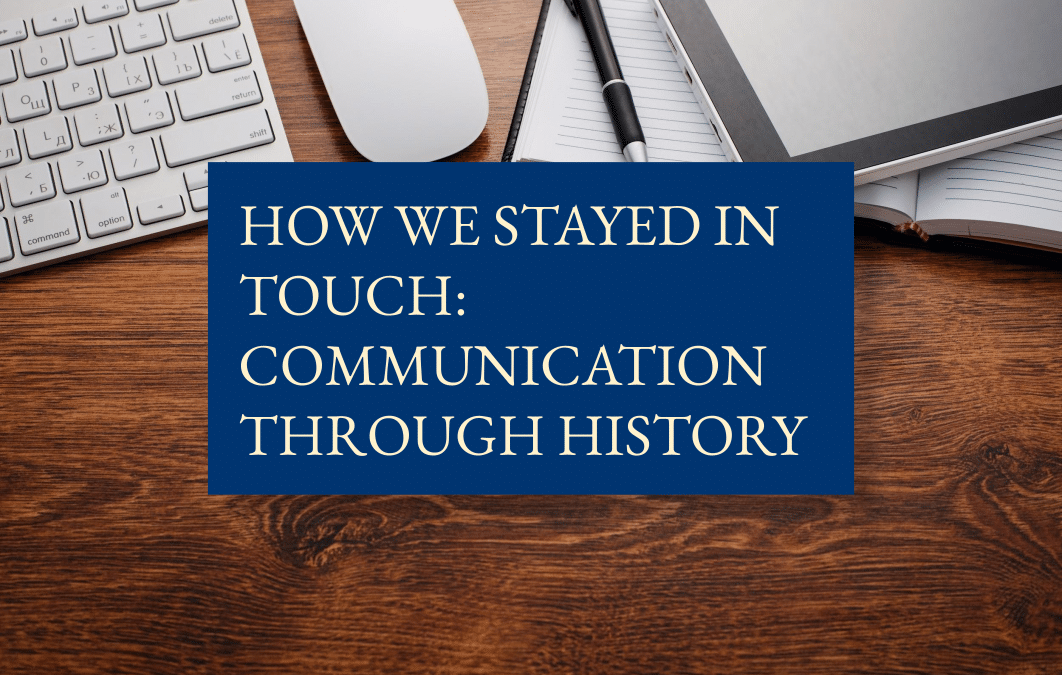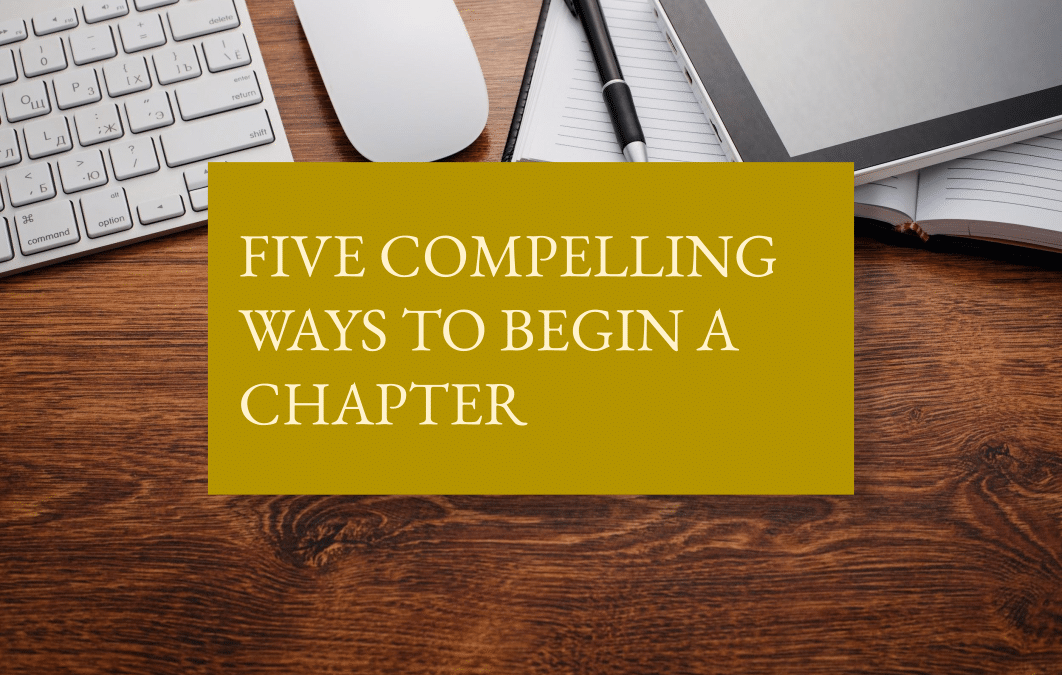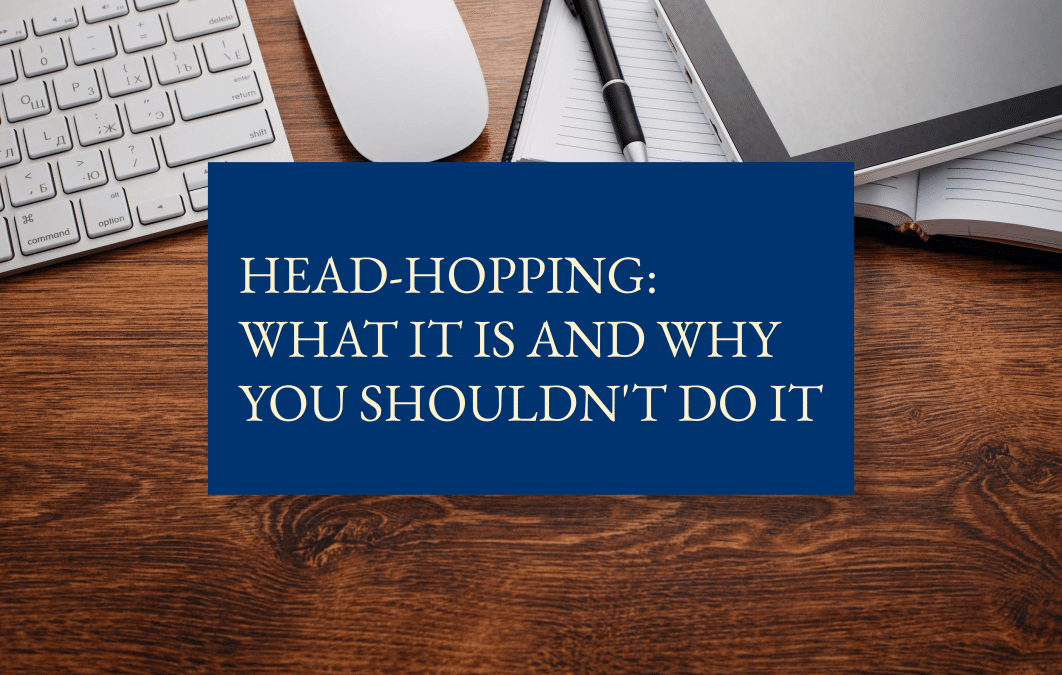


Foreshadowing: what it is and how to use it in your writing
If you’d met her that day, you too would have thought her a good person. There was nothing to suggest otherwise. Welcome to foreshadowing: a literary device that’s used to hint at what’s to come. It’s designed to increase tension and keep us turning pages. As a...
Five tips for eliciting emotion from your readers
When we pick up a novel, we do so because we want to feel something. We want to have an emotional experience – to go on a journey alongside the characters, and within ourselves. The stories that stay with us long after we close the pages tend to be those that speak to...
How we stayed in touch: communication through history
Since man first scratched his thoughts into stone, humans have found ways to connect with each other. From word of mouth to the written word and the telephone, here we will take a sweeping look at how people kept in touch through the ages (mainly in England) and how...
Top tips on writing historical mystery and thriller fiction from 13 successful novelists
Writers of historical crime, mystery and thriller fiction are well-versed in wearing two different hats. On the one hand, they are historical novelists: undertaking meticulous research, unearthing stories from the past that will resonate with modern readers, evoking...
Five compelling ways to end a chapter
The phrase “page-turner” is synonymous with our idea of a good book. Go onto any bestseller’s Amazon reviews and I am willing to bet a fair few say, “I couldn’t put it down!”. Think of all the really good books you’ve read to which you found yourself saying “just one...
Five compelling ways to begin a chapter
Deciding how and where to begin a chapter is an important part of writing a novel – but it can be daunting. As a writer, it’s your job to begin each new chapter in a way that grabs the reader’s attention, leaving them with no choice but to carry on reading because...
Head-hopping: what it is and why you shouldn’t do it
What is head-hopping? It’s when the point of view (POV) character switches abruptly in the middle of a scene. Take a look at this excerpt: ‘Something wrong with the food, Miss Annalise?’ Elias asked. Why was she acting all prim even when no one else was around, like...
30 top historical fiction literary agents
If you’re looking to be traditionally published, having a literary agent in your corner can significantly improve your chances. Not only can they pitch your manuscript to the most suitable publishers and negotiate the best possible deal, but they can also work...
